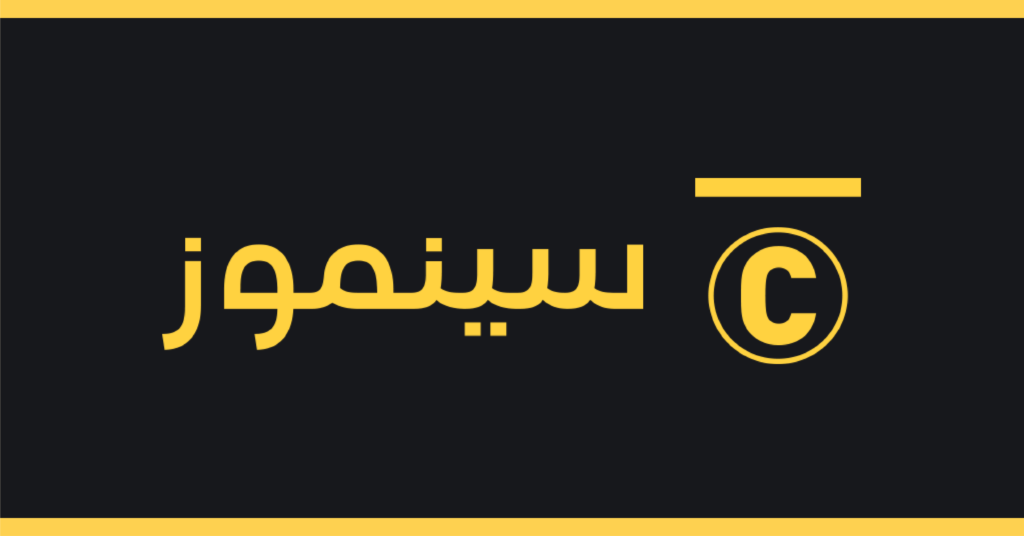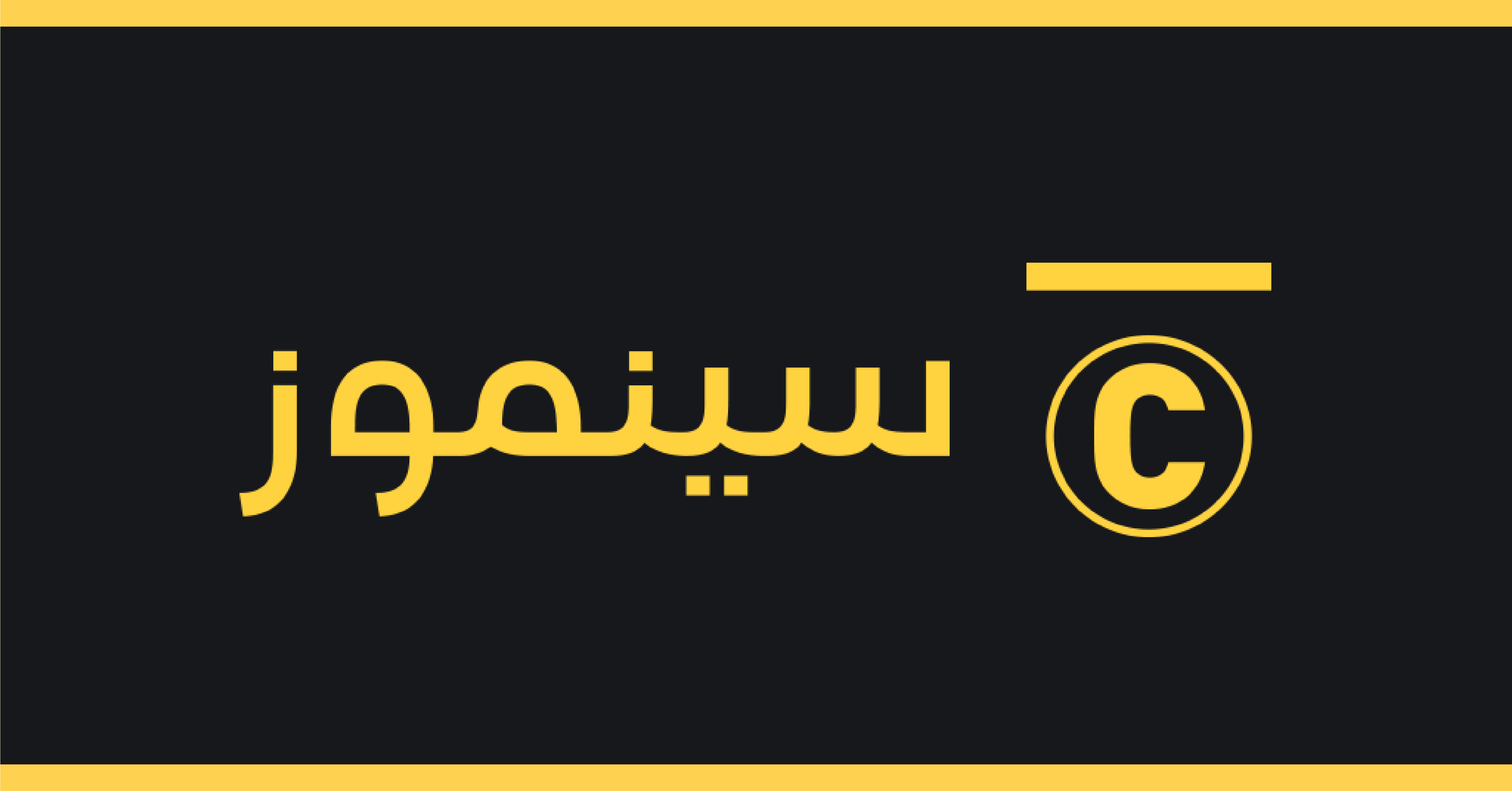
Cinemoz is a video on demand (VOD) company for and from the Arab world. It started in 2013 and now operates in both Beirut and Dubai. The platform distributes free films and is monetized through premium advertising for on-demand devices.
Cinemoz has a monthly active user base of 3 million unique viewers in the Arab world, whom in turn generate 7-12 million video views monthly. The team now produces its own original content, a model extremely relevant to the region because of a severe lack in Arabic content.
“With this big milestone in users and performance, we did not have enough Arabic content to offer, the one type of content that our millions of members in the Arab world were demanding. The content produced in the local market could not cater to that and the local advertisers still didn’t have enough premium content to advertise on,” explains Karim Safieddine, founder and CEO of Cinemoz.
Creators and Distributors
Catering for both, Cinemoz was able to give advertisers a premium platform for video advertising while creating original Arabic content for their users. This led Cinemoz to become a content studio, which is a natural organic step for any distributor, according to Saffiedine, who considers the company a digital distributor exactly like Empire or Sony Pictures.
“Our job is to find the digital audience for a film or a series in the Arab world. We know how to do that very well now and we started completing the puzzle when we started producing our own content. So, we’re both distributors and creators now, which means we have control over the whole supply chain of entertainment and, because we are data-driven, we know what our audience wants or doesn’t want to watch.”
“We realized that genre entertainment was the big missing link. By that, we mean content that is genre-driven: sci-fi, horror, action, thriller, which are big franchises and properties around the world right now and which the Arab world still needs. We completely invested in that segment of content and created the first Arabic sci-fi series, the first serial-killer series and the first zombie series in the Arab world. Thanks to all these releases, we’re now creating Arabic international originals with the global streamers such as Amazon and Netflix.”
Free Video on Demand
Cinemoz’s relationship with these studios is double-edged. From a creation aspect, Cinemoz is considered a partner in supplying relevant, local Arab content, but from the VOD and distribution side, Cinemoz is considered to compete with these same global streamers.
“Now that every studio has its own VOD platform, the competition on distribution is negligible or not even relevant in this case because ‘content is king’. In the end, it’s a content business and while the platforms are multiplying, they are also specializing: Netflix is specialized in one type of content, Amazon in a different type of content, etc.
Video on demand had one promise, the promise to kill TV – on demand, no ads, no waiting, you watch whenever you want – but with all of the networks and studios investing in their own VOD platforms, they’ve recreated the problem of cable. An average 20-year-old today has a lot of options, but also a limited budget and for the different content they might want to watch, the different VOD subscriptions can mount up to 50$, which is what you pay for cable.”
With the monster of segmentation being recreated, Cinemoz stepped out of that war believing that the next battle is ‘free’ vs ‘subscription’. With the saturation in subscription models, Cinemoz took on the advertised VOD model, cherry-picking content so they focus less on volume but more on targeted content, meaning less browsing and more watching for users.
Cinemoz is a big believer in free VOD that is monetized by advertising, with that they are capable of attracting increasing budgets from advertisers.
Back to the beginning
In 2006, Karim was based in New York and in charge of selling the Miramax catalog, receiving great exposure on how people consumed films and how the business worked.
“I was part of the generation where the first early deals of films being sold to iTunes and Netflix were starting to happen, so effectively the first digital deals for VOD. By working on the transactional side of these things, I realized that digital and on-demand entertainment could solve ten times more problems in emerging markets and specifically back home in the Middle East than it was solving in mature markets. We lived in a region where there was no distribution, so typically a movie got released in cinemas, then you had it on DVD and then you saw it on your paid subscription and eventually 10 years later, you got it for free on your local TV. VOD was a way to leapfrog an entire industry. We could now have access like there was never before.
I had a choice to either commit to Miramax and accept an upcoming promotion or follow an idea that was brewing in my head to come back to Lebanon and start playing with all the nice tools and skills that I had built over there and do something meaningful here. I estimated that my value as an individual was much higher here with all the baggage that I had, so I came back and decided to build an Arabic VOD platform that would be pan-Arab, giving access to both Arabic and Hollywood films. I met my co-founder Maroun Najem, an ex-IBM who had a very special skill given that he had set up all the broadcasting and media TV networks across Lebanon and had done a lot of intense work on video and gaming.
It was difficult to find someone to talk to about this, someone who would understand how VOD worked. This was before Netflix, the only VOD platform available was YouTube and Maroun was also very interested in that. We spent a month playing with the idea and he built a prototype out of our garage in Beirut in 4 days. That was the first version of Cinemoz.”
Financing and Revenue Streams
After self-financing the first prototypes, Karim and Maroun applied and received a Kafalat loan which they paid within two years, one of the first startups to ever generate money for the program in the city. They received their first investment from BLC Invest, which was then completed, and they are now led by Berytech Fund II.
Today, Cinemoz also has IM Capital onboard and two follow up investors closed in September. In total, Cinemoz has raised $5.5M.
“It was a long fundraising journey; we like to think that it was a natural one but a slow-motion one. We raised in 5 years what we should have raised in 2 but that is just the Lebanese process of investment. Once you understand that, you pace your company growth according to that. All the great plans of world domination we had in the first three years are actually happening but at a different pace. The exciting part is that our performance and valuation have tripled in the past two years, so we are now contemplating the possibility of not requiring funding anymore, a decision to be made by the last quarter in 2019.
Strong Company Culture
“We are 16 full-timers at Cinemoz now. When you infuse a company culture in your team, the value of each member goes up quickly. You recruit team members for skills, experience and the person they are and once you couple that with a solid company culture, this is where you begin building a high-performing team.
I think most startups dismiss the value of real company culture. We realized early on that the people we were retaining in the country, in the city, and at Cinemoz were the ones who were here to be part of the Cinemoz story – not the job, not the stability and not even the learning curve. People will stay, even if they go three months without getting paid, because they want to belong to the same like-minded type of individuals and because they are convinced that there is no bulls*** when it comes to the final mission we are all working to accomplish.”
The culture instilled in Cinemoz begins with having no comfort zones. “If we get too comfortable in our seats, in our thought process and in our collaborations, it means we are doing something wrong, especially that there is no place for complacency in the Middle East and specifically Lebanon. It’s always good to be on the edge of your seat. You can get comfortable once you are done.
Another part of our culture is being passion-centered. Cinemoz is seeking to build a film culture for the Middle East. In our team – founders, developers, marketers, operations – we’re all film fans, which matters! We are our own consumers, so we cater to ourselves first, and it makes us care about the quality of the content we put out there.
We also started to experiment with 4-day work weeks almost six months ago and it has now become established. It’s very intensive Monday to Thursday, but then people get to live their lives, explore their passions, create and rest the other three days of the week.
This emphasis on having a strong company culture has allowed us to stay afloat in difficult times. So, if your fundraising is delayed for 7 months because of anything: political reasons, economic reasons, whatever it is, this team that you managed to convert will go through it with you and that’s what pulls you through.”
Founder Challenge
While building a strong company culture has helped Cinemoz survive and grow, they have found that the local business culture they are part of as entrepreneurs and founders has proven to be a hindrance to their progress.
“It goes without saying that when you start as an entrepreneur, you dive in with no compromise, with full commitment, like a burning asteroid. What has held us back though, is the limitations of the ecosystem. At a certain point in our growth, we felt that we needed to curb who we were to fit a certain local mold.
This brought on a feeling of loneliness and isolation, which came from not having enough counterparts to share and bounce off ideas in a safe and fostering environment.
Now, the ecosystem has changed a lot since we started, but I don’t think the business culture is improving fast enough, it is still very conventional and not opening up. This is translated into how success and failure as well as growth and expansion are assessed, which founders to value or not, etc. It has reached a point in our case where the environment seems to take a lot from us as entrepreneurs and not really give back.”
Moving Forward
Despite the hurdles, the platform has been nothing but moving forward, recently announcing that they are adding 5 new Hollywood blockbusters to their lineup with free access every month, giving them a competitive advantage since this quality of content is never available for free streaming.
Cinemoz is today the fastest growing Video on Demand service for and from the Arab World. You can explore the next generation of genre entertainment from the Arab world on Moz Originals, their dedicated channel which houses an exclusive collection of original Film and TV productions.
Here’s what you get when you subscribe to the channel: Hollywood blockbusters renewed every month, Arabic, English and Indian movies, Moz Originals, as well as shorts and documentaries.
What are you waiting for?








